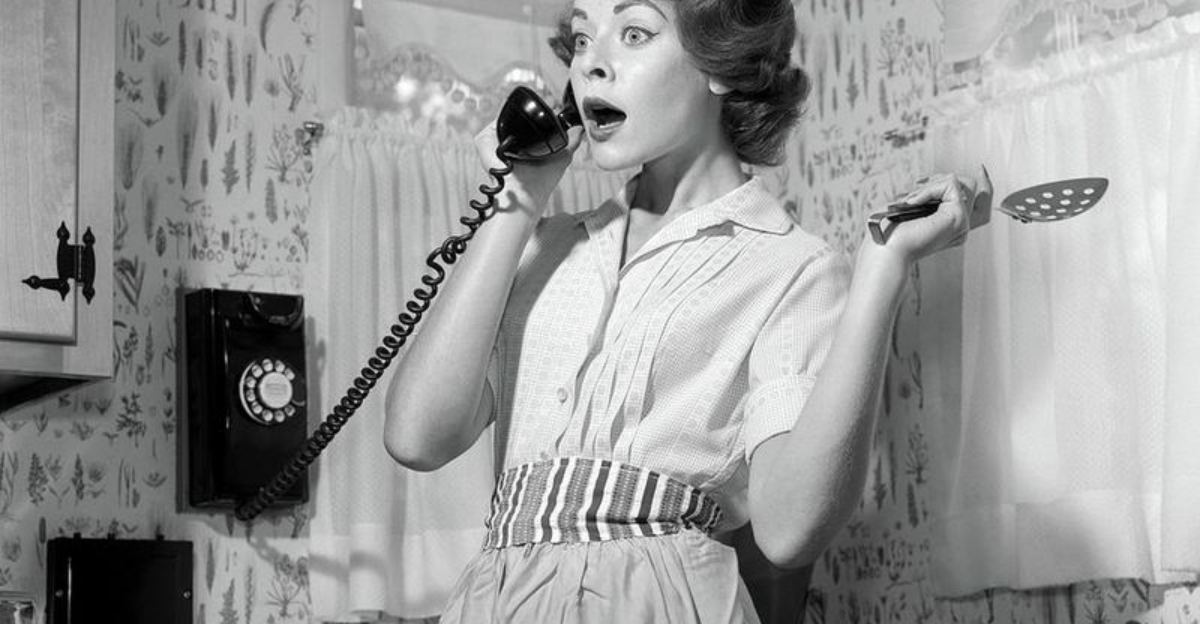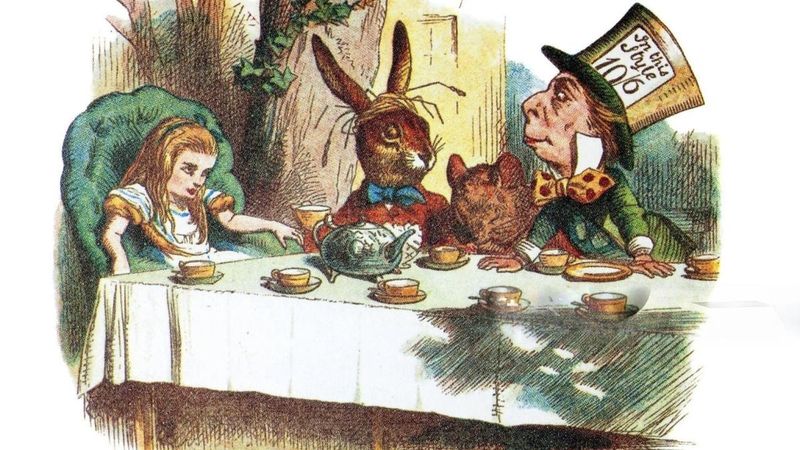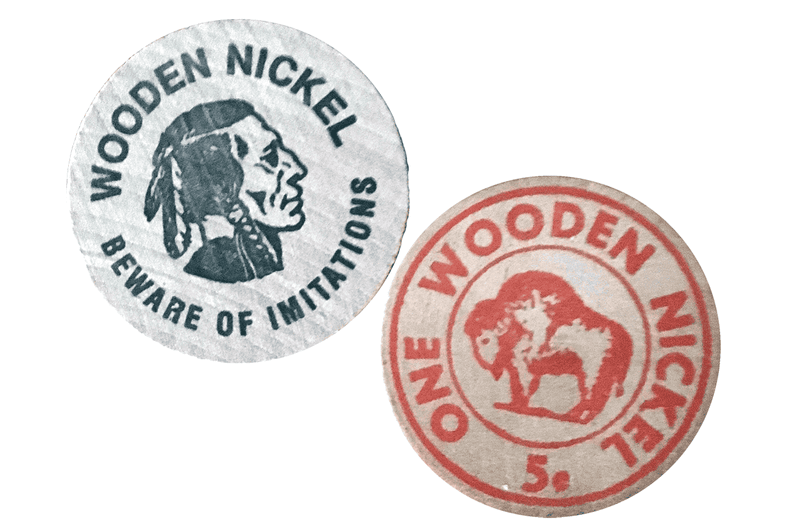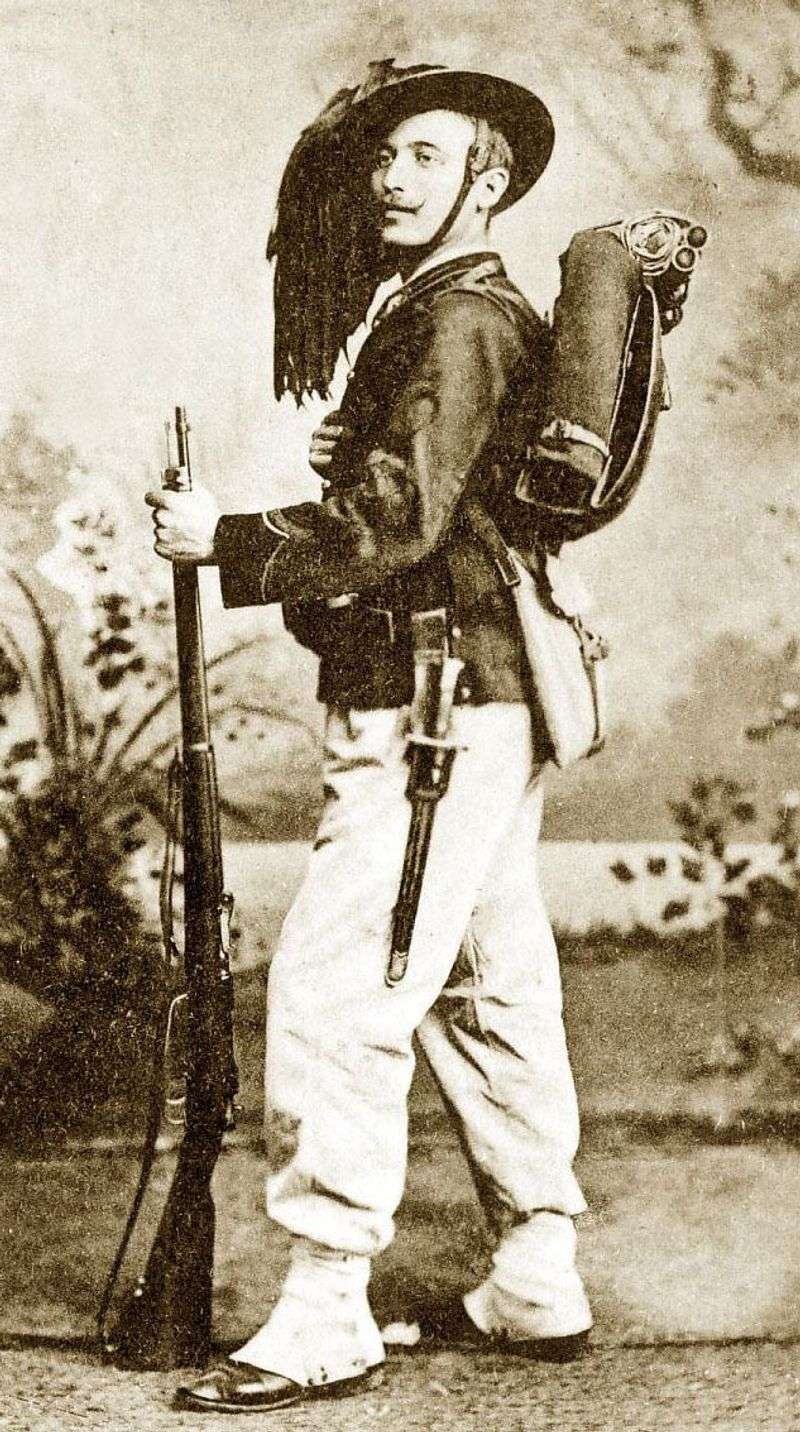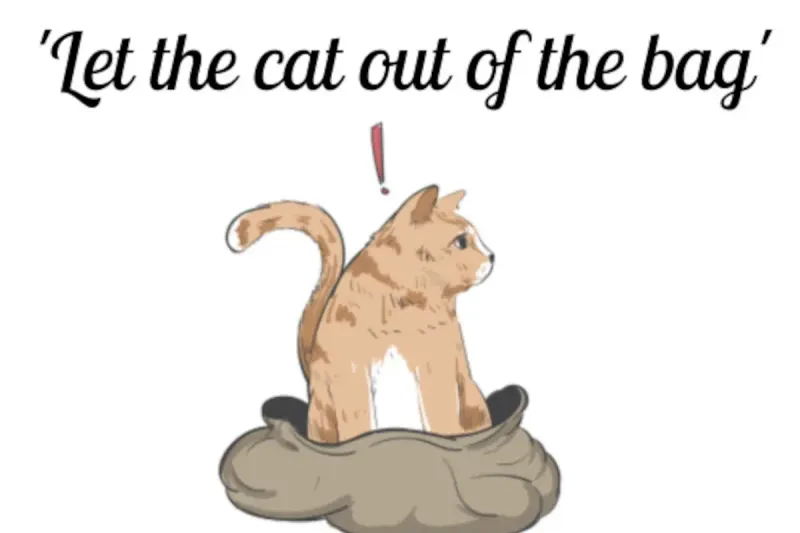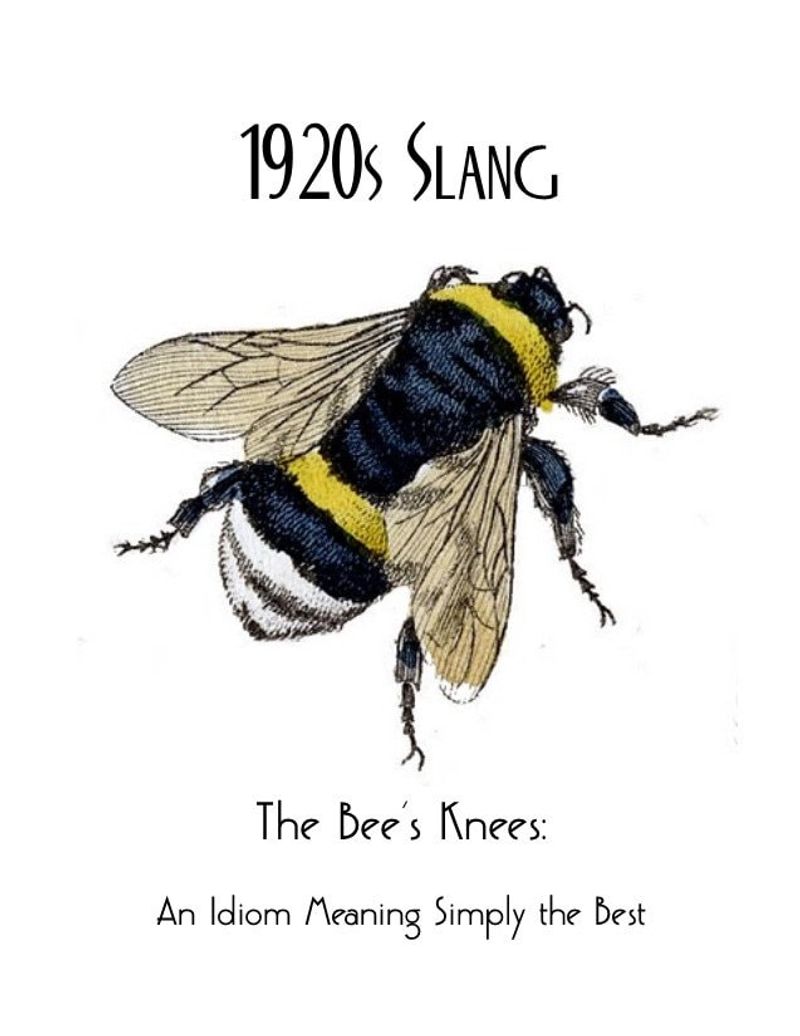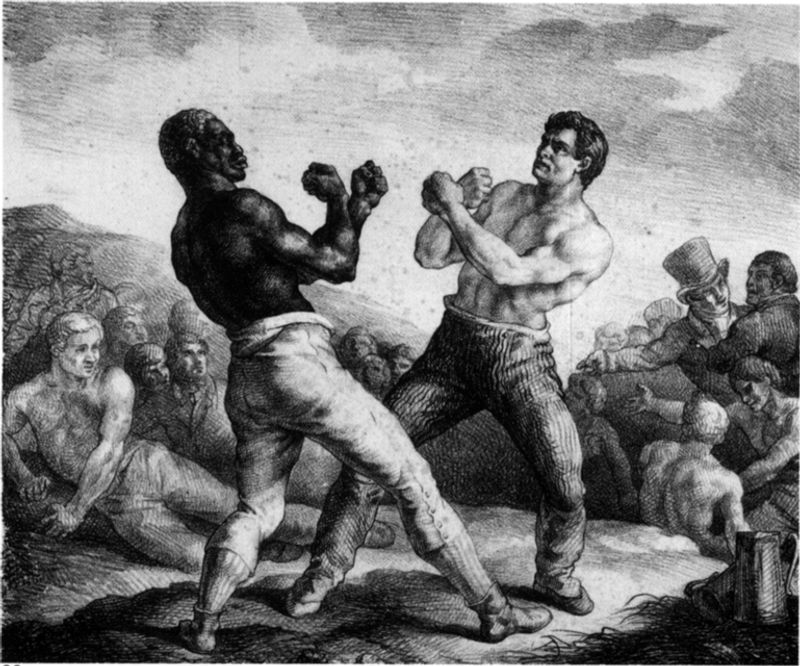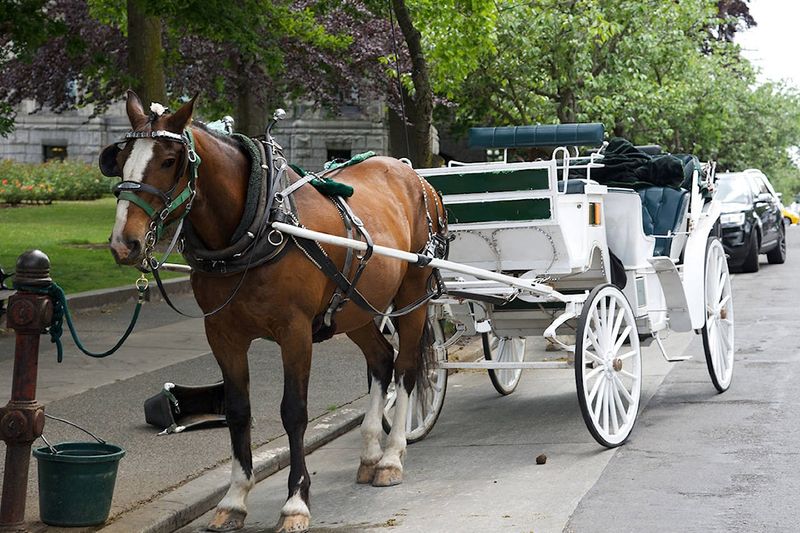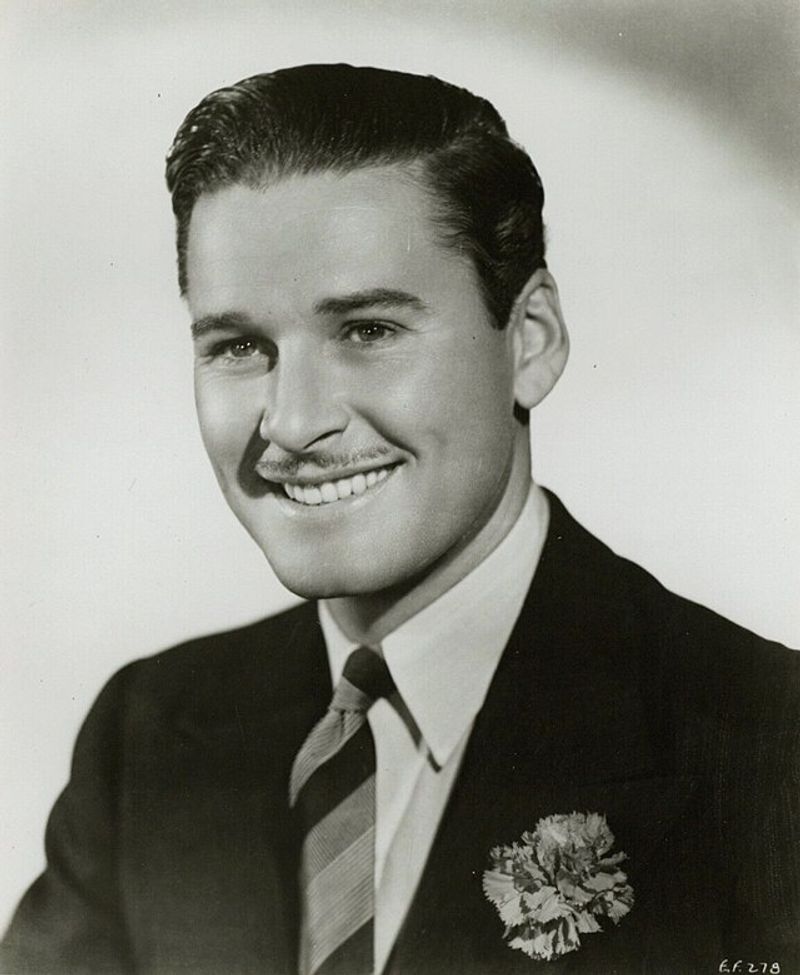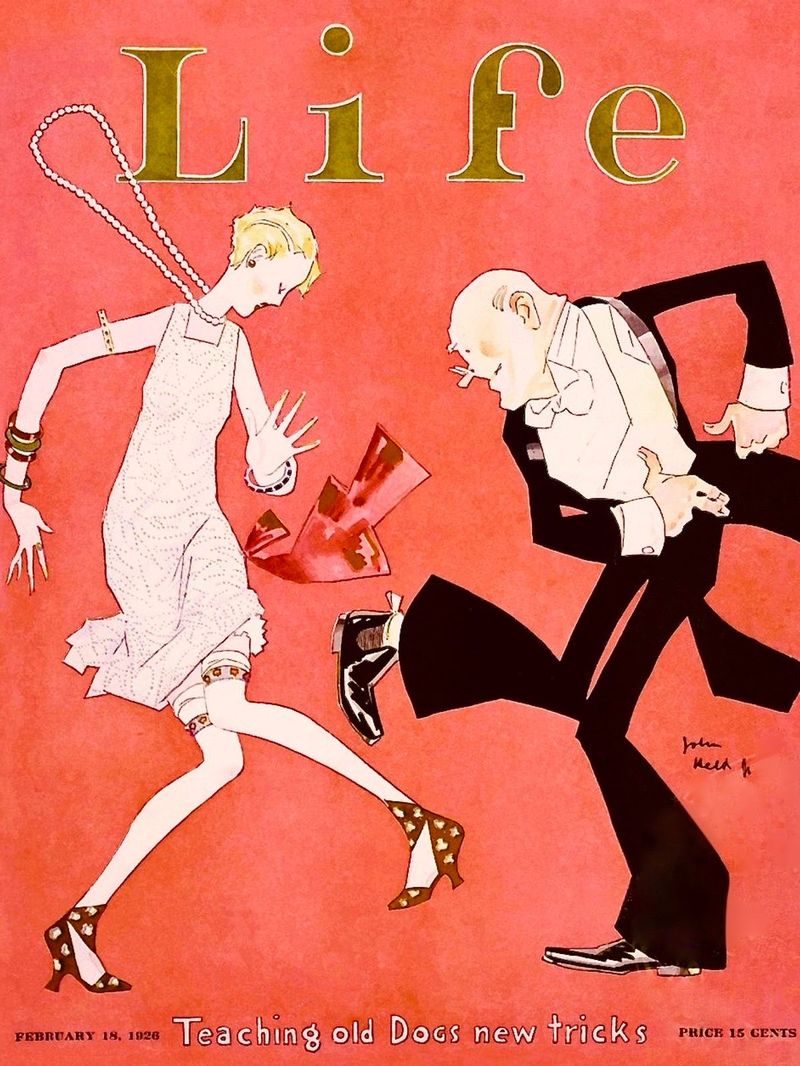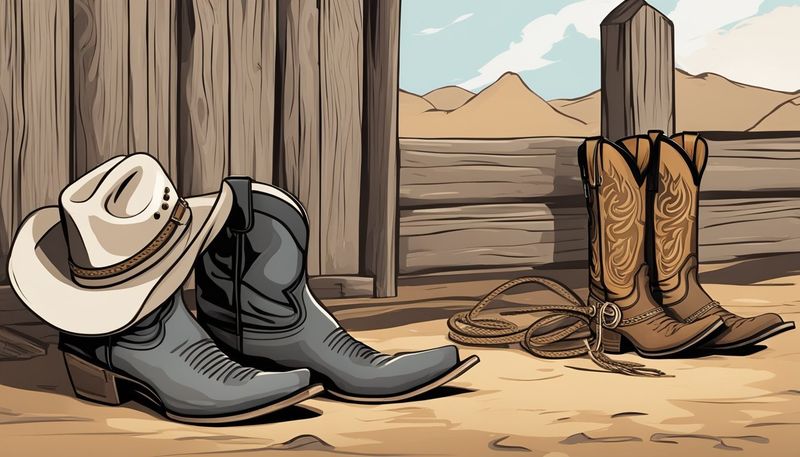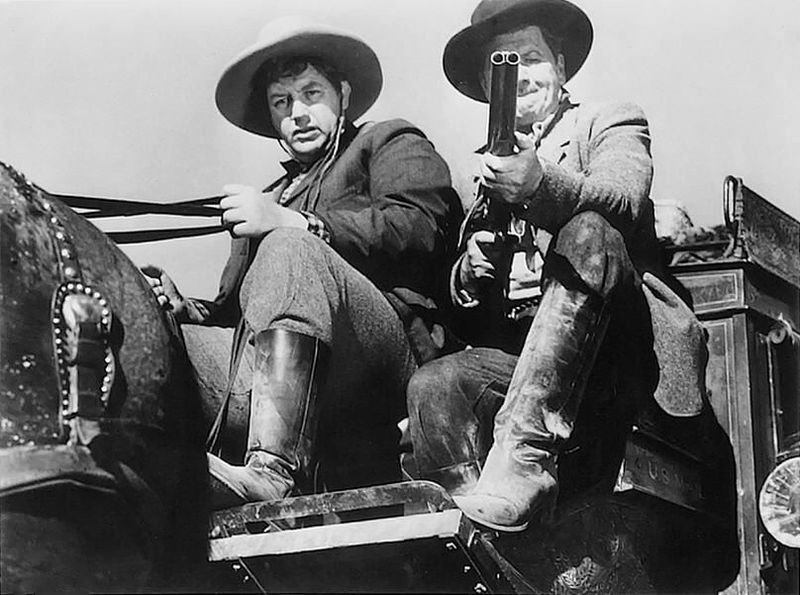Once upon a time, these colorful American phrases were as common as apple pie. But language evolves, and many idioms that once peppered everyday speech have quietly faded into the background. Whether they evoke the world of WWII GIs, 1950s diners, or your grandpa’s favorite sayings, these expressions are classic—yet nearly forgotten. Let’s dust off 17 idioms that deserve a comeback.
1. Mad as a hatter
“Mad as a hatter” once found its place in everyday speech to describe someone acting oddly. Before Lewis Carroll popularized it in Alice in Wonderland, this phrase referred to mercury-poisoned hatmakers who often exhibited eccentric behavior. It’s a whimsical yet historical way to convey madness. The mercury that lent madness to the craft still lingers in the tale it tells. Yet, like the hatters themselves, this expression has nearly vanished from our linguistic wardrobe.
2. Knee-high to a grasshopper
“Knee-high to a grasshopper” paints a poetic picture of youth and small stature. Often heard in old Westerns, it served as a homespun simile for describing someone very young or short. It’s a delightful nod to growing up in simpler times, where nature’s creatures marked the milestones of one’s height. Though it’s rarely echoed today, the imagery remains endearing, capturing a time when life was measured against the humble grasshopper.
3. Don’t take any wooden nickels
The warning “Don’t take any wooden nickels” was once a common caution against scams. It harkens back to times when wooden nickels were handed out as tokens, charming but worthless. Amongst this scene, a wooden nickel symbolizes the innocence and naivety of those times. Today, the phrase serves as a nostalgic reminder to stay vigilant, even as it fades from contemporary conversation, replaced by more modern warnings.
4. A feather in your cap
Adding “a feather in your cap” was once a way to celebrate notable achievements. This idiom traces back to the custom of literally placing feathers in one’s hat as a mark of victory or accomplishment. Though today’s accolades come in different forms, the image of a feathered cap remains a timeless emblem of success. While the phrase gathers dust, its spirit of pride and achievement endures.
5. Let the cat out of the bag
“Let the cat out of the bag” once described the accidental revelation of secrets. Despite its colorful origins, the phrase has been overshadowed by more modern expressions. Yet, it still evokes a smile, a reminder of times when secrets were as tangible as cats in bags, and just as prone to lively escapes.
6. Stew in your own juice
“Stew in your own juice” was a passive-aggressive nudge to let someone experience the consequences of their actions. The phrase carried a spicy, slightly ominous tone, suggesting that one must face their own brewed troubles. Though its usage has faded, the sentiment remains—sometimes, the best lessons are self-taught, seasoned by our own decisions. It’s a tasty reminder that life’s flavors can be both savory and sour.
7. The bee’s knees
In the Roaring Twenties, “the bee’s knees” buzzed around as a way to describe something excellent. Despite its nonsensical nature, the phrase captured a cheeky exuberance, a testament to the time’s vibrant spirit. Though silent now, it once added buzz to conversations, celebrating the best with whimsy and flair. The bee’s knees may be retired, but its zestful legacy endures.
8. Heavens to Betsy!
“Heavens to Betsy!” once echoed as a wholesome exclamation of surprise, charming in its innocence. No one knows who Betsy was, yet her name invoked countless gasps of astonishment. The phrase, like her, is picture-perfect, a snapshot of bygone days. Though rarely spoken now, it still stirs memories of an era when surprises were met with wide-eyed wonder and a touch of old-fashioned grace.
9. Close, but no cigar
“Close, but no cigar” originated from carnival games where cigars were prizes for near wins. Missing the mark meant missing the cigar, a tangible indicator of almost-success. Today, plush toys have replaced cigars, but the phrase lingers as a reminder of near victories and the sweet taste of almost-winning. Though less common now, it still evokes the thrill of competition, a nod to the joy of trying.
10. Put up your dukes
“Put up your dukes” once served as a rhythmic invitation to fistfight. This phrase captured the gritty essence of old-school showdowns, where words were few, and fists did the talking. Though modern trash talk has replaced it, the phrase still echoes with nostalgic vigor. Whether a challenge or a playful taunt, it remains a punchy relic of a time when settling scores meant stepping into the ring.
11. Hold your horses
“Hold your horses” was a literal request in times when horse-drawn carriages filled the roads. This phrase advised caution and patience, tempering haste with the wisdom of slower times. Though quaint today, its gentle reminder to pause and consider is timeless. As we rush through modern life, the call to “hold your horses” still offers a moment of reflection, urging us to steady our pace and embrace patience.
12. In like Flynn
Effortless success found its catchphrase in “In like Flynn,” rumored to reference the dashing actor Errol Flynn. This idiom celebrated those who had a knack for achieving triumph with charisma. While its namesake’s reputation may have faded, the phrase continues to evoke smooth success. Though not as prevalent, “In like Flynn” still carries a slick allure, a nod to those who effortlessly win life’s spotlight.
13. Go jump in a lake
With a playful tone, “go jump in a lake” was a polite way to tell someone to get lost. This phrase, often delivered with a smile, added humor to dismissive remarks. Though less common now, it retains its splash of whimsy, a reminder of times when even telling someone off came with friendly jest. The lake may be metaphorical, but the camaraderie it suggests remains refreshingly clear.
14. Paint the town red
Once synonymous with wild partying, “paint the town red” evoked images of unrestrained revelry. The phrase, steeped in the vibrant nightlife of its time, still conjures a sense of extravagant fun. Though shelved for more modern lingo, its classy exuberance remains captivating. Whether it’s the allure of a good time or the thrill of adventure, “paint the town red” still colors our imagination with festive flair.
15. As the crow flies
“As the crow flies” described the most direct path between two places. This phrase offered a simple, straightforward approach to distance, in times when landmarks were more than mere dots on maps. Although GPS now navigates our journeys, the idiom serves as a nostalgic nod to nature’s innate sense of direction. Its imagery remains, guiding us through the complexities of modern travel with a crow’s-eye view of clarity.
16. Bite the dust
Popularized by Westerns and Queen’s hit song, “bite the dust” conveyed failure or demise. This phrase, with its vivid imagery, captured the finality of defeat. Though it has gathered dust itself, “bite the dust” still resonates with dramatic flair, a testament to its cinematic roots. Whether in movies or music, it endures as a bold declaration of life’s inevitable setbacks and the grit to rise again.
17. Riding shotgun
Riding shotgun originated from the Old West, when sitting beside the driver meant guarding against bandits. Though the danger has faded, the phrase finds occasional use as a call to ride upfront. Today’s travels lack the peril of yesteryears, yet “riding shotgun” still carries a sense of adventure. It’s an enduring nod to the brave souls who once watched over dusty trails, ensuring safe passage for all aboard.
